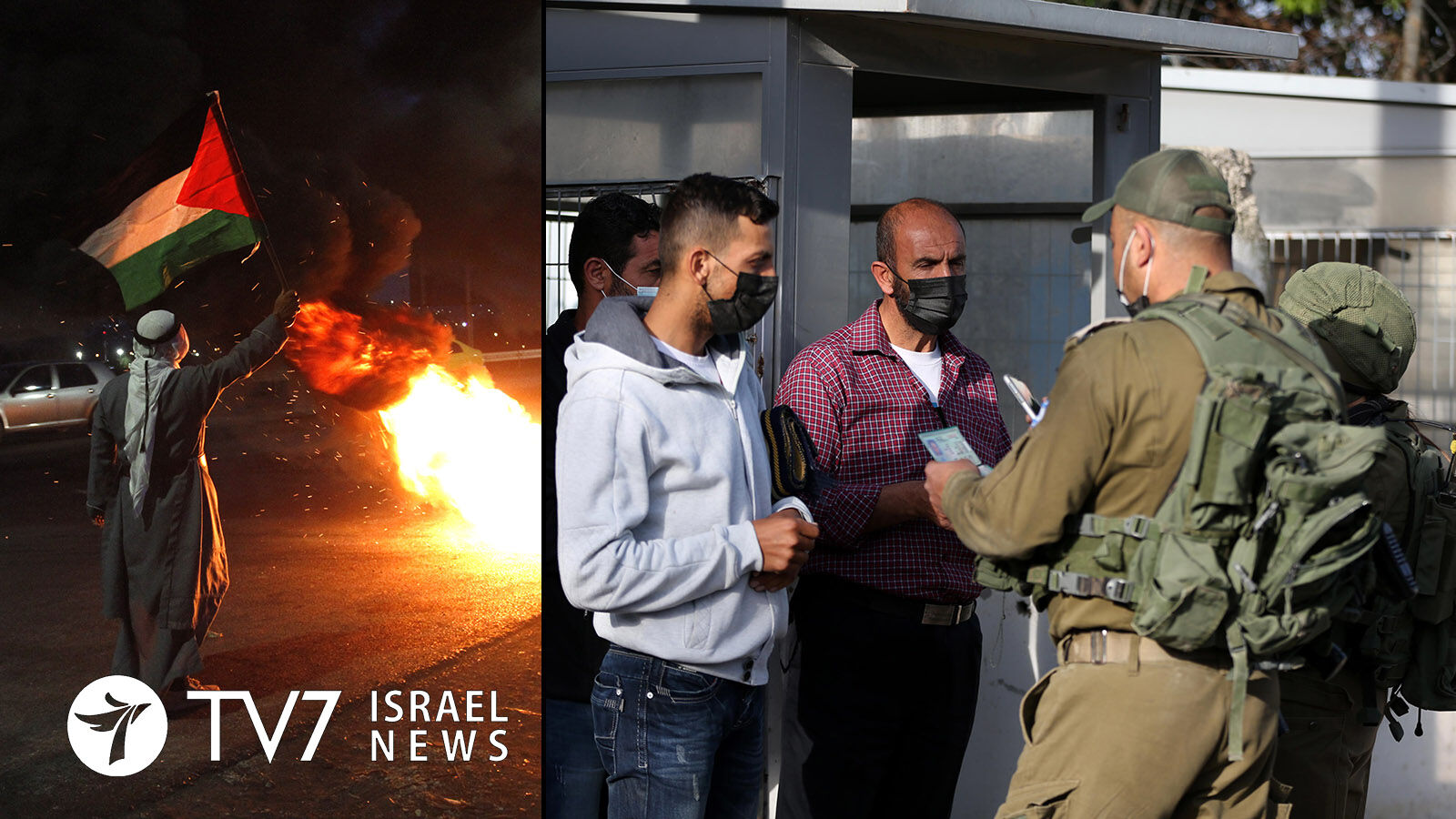The Head of the Unit for Coordination of Government Activities in the Territories (COGAT) announced authorization for Palestinians to enter Israel for worship at Jerusalem’s Temple Mount for Friday prayers during the Muslim holy month.
By Erin Viner
The announcement from COGAT Head Major General Rassan Alian follows a security assessment conducted today under the leadership of Defense Minister Benny Gantz and with the participation of IDF Chief of Staff Lieutenant General Aviv Kochavi and Operations Directorate Commander Major General Oded Basyuk.
According to a statement TV7 obtained from the COGAT Spokesperson’s Office, the Israeli defense establishment authorized “a series of civil measures for the benefit of the Palestinian population on Ramadan.”
Palestinian women of all ages and children up to the age of 12 may enter without permits to worship on the Temple Mount for Friday prayers, as well as men aged 50 and over. Muslim males between 40-50 years old may enter subject to existing permits.
In addition, Defense Minister Gantz approved visitation by Palestinians residing in the Judea and Samaria area to visit their first-degree relatives in Israel, between Sunday and Thursday.
It has also been decided to hold another security evaluation next week under the Defense Minister’s leadership, when additional civilian measures may be implemented based on the situation.
“It bears noting that over the past two years, due to the COVID-19 epidemic, there has been no relaxation of regulations for Ramadan,” said the COGAT statement, adding that, “Over the coming month the operating hours at the crossings will be expanded to best serve the visitors.”
Major General Rassan Alian has informed senior figures of the Palestinian Authority (PA) and relevant parties of the international community about the Ramadan measures and gestures.
He also wished the Muslim community the traditional holiday greeting in Arabic, “Shahar Mubarak wa Ramadan Kareem,” meaning a “blessed and generous Ramadan.”
